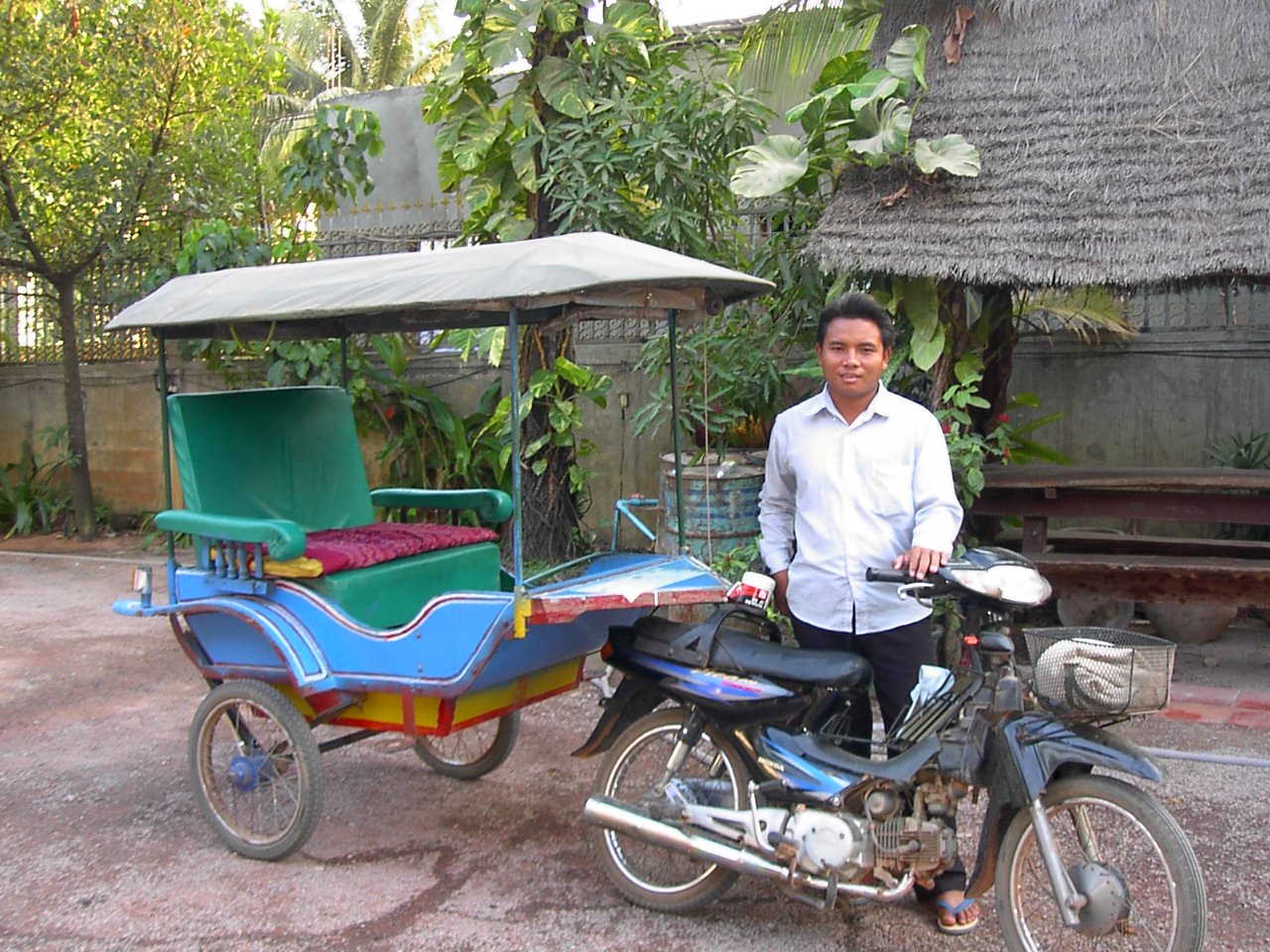Cambodia and ILO-Korea Programme Join Forces to Strengthen Labour Dispute Mechanisms
The Cambodian government’s vision aligns with international best practices, particularly from the Republic of Korea, where preventive measures and collaborative approaches are cornerstones of labour relations management.

- Country:
- Cambodia
Labour relations policies should be recognized not merely as mechanisms for managing workplace conflict, but as powerful strategic tools that can enhance national productivity and boost economic competitiveness. This was a key message conveyed at a recent high-level workshop jointly organized by the International Labour Organization (ILO) and the Korea Labour and Employment Service (KLES), under the ILO-Korea Partnership Programme. The workshop was held in Phnom Penh, Cambodia, on 24 April 2025, in close collaboration with Cambodia’s Ministry of Labour and Vocational Training (MoLVT).
Titled “Strengthening the Capacity of Labour Dispute Prevention and Resolution Mechanisms in Cambodia,” the event brought together a wide range of stakeholders including government representatives, workers’ and employers’ organizations, academic experts, members of the Arbitration Council, and specialists from the ILO and KLES.
The main objective of the workshop was to raise awareness of the importance of early prevention in labour disputes, encourage the development and use of effective social dialogue mechanisms, and foster stronger cooperation among stakeholders involved in Cambodia’s labour relations landscape.
Emphasis on Prevention Over Resolution
Speaking at the opening session, Sovann Vannaroth, Permanent Secretary of State at the Ministry of Labour and Vocational Training, highlighted the critical need for shifting from a reactive approach to a preventive one in handling labour disputes.
“It is essential to build systems that prevent disputes before they arise, rather than focusing only on resolving them afterwards,” said Vannaroth. “The government is committed to providing continuous training programmes to strengthen the capacities of all social partners.”
The Cambodian government’s vision aligns with international best practices, particularly from the Republic of Korea, where preventive measures and collaborative approaches are cornerstones of labour relations management.
Korea’s Model as a Reference Point
The workshop featured detailed presentations and interactive discussions led by labour dispute prevention experts from Korea’s KLES. Participants were introduced to the institutional frameworks, tools, and methodologies employed in Korea to address labour disputes efficiently and proactively.
Shin Hochul, Chief Technical Advisor of the ILO-Korea Partnership Programme, emphasized the importance of international collaboration and shared learning:
“While many Asian countries, including Cambodia, are increasingly aware of the need for effective labour dispute resolution mechanisms, major challenges persist. The ILO-Korea Partnership Programme is here to support Cambodia through knowledge-sharing, research, and capacity-building.”
Shin also reiterated the value of Cambodia’s tripartite commitment, referring to the collaboration among government, employers, and workers’ organizations. Their active participation in the workshop was a testament to their shared interest in advancing fair labour practices.
Diagnostic Research and Tailored Solutions
As part of ongoing efforts under the ILO-Korea project titled “Social Dialogue and Capacity Building for Strengthening Labour Disputes Prevention & Resolution Mechanisms in Cambodia”, KLES researchers shared findings from their diagnostic studies and fieldwork conducted throughout 2024 and early 2025.
The research, funded by the Government of the Republic of Korea, aims to identify systemic gaps and provide actionable recommendations that are tailored to Cambodia’s social, legal, and economic context.
Key areas of focus in the study include:
-
Institutional capacity of labour ministries and agencies
-
Effectiveness of the Arbitration Council
-
Engagement levels of workers’ and employers’ organizations
-
Existing channels for dispute resolution and social dialogue
A Platform for Ongoing Collaboration
Beyond information-sharing, the workshop provided a platform for networking among stakeholders and sowed the seeds for further research, collaboration, and training initiatives. Several participants expressed optimism about the long-term impact of the ILO-Korea programme on Cambodia’s labour relations environment.
“This workshop marked an important milestone, laying the foundation for future dialogue and capacity-building efforts under the ILO-Korea Partnership Programme,” Shin remarked. “We look forward to deepening cooperation with Cambodia to foster more harmonious and productive employment relationships.”
The Phnom Penh workshop underscores the evolving nature of labour policy in Cambodia — from dispute resolution to proactive prevention, from isolated interventions to integrated social dialogue. With the support of international partners and a strong commitment from domestic stakeholders, Cambodia is taking meaningful steps to strengthen its labour dispute prevention and resolution systems, ultimately contributing to a more stable, competitive, and inclusive economy.










